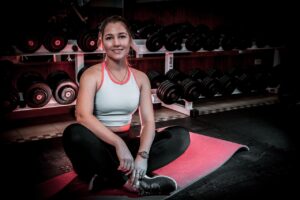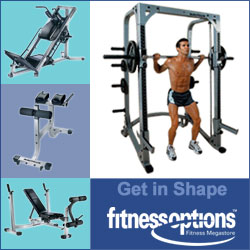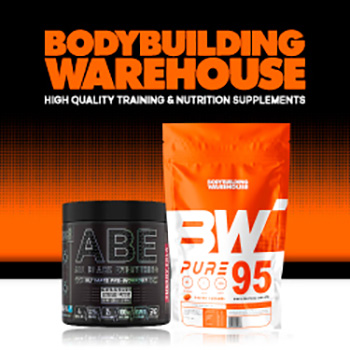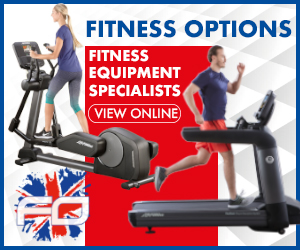
Athletic Performance Nutrition
Nutrition doesn't just support training it actively enhances it when strategically implemented. Your body's ability to adapt to training stimuli depends largely on providing the right nutrients at the right times. Moving beyond generic recommendations to personalized nutrition timing can significantly accelerate your progress.
Timing Your Nutrients For Maximum Performance
Strategic nutrient timing creates metabolic conditions that optimize both performance and recovery. The post workout window (within 30-60 minutes after training) represents a prime opportunity to accelerate recovery through proper nutrition. During this period, your muscles are especially receptive to nutrients that support repair and growth.
For strength and power athletes, consuming 20-40 grams of protein alongside carbohydrates post workout accelerates muscle protein synthesis and glycogen replenishment. Endurance athletes should focus on carbohydrate replacement (approximately 1.0-1.2g per kg of bodyweight) with moderate protein. This helps facilitate recovery between training sessions. Pre-workout nutrition should be tailored to the specific demands of your session. Focus on higher carbohydrate intake before longer or more intense efforts.
Hydration Science: Beyond Just Drinking Water
Proper hydration involves more than just consuming water. It requires maintaining optimal electrolyte balance to support cellular function and fluid transfer. Even minor dehydration (2% of body weight) can significantly impair performance. This happens through decreased blood volume, impaired thermoregulation, and compromised cognitive function.
Develop a personalized hydration strategy by weighing yourself before and after training sessions to determine sweat rate. For activities lasting longer than 60 minutes, or performed in hot conditions, include electrolytes (particularly sodium) in your hydration solution. Start exercise well hydrated. Aim to replace 80-90% of sweat losses during activity, as your body can only effectively absorb about 1 litre of fluid per hour during exercise.
Technology Tools For Smarter Training
Modern technology provides unprecedented insights into how your body responds to training. These tools remove much of the guesswork from training decisions. Thus, allowing for truly individualized approaches based on objective data rather than subjective feelings or generic programmes.
Best Wearable’s For Performance Tracking
Today's wearable technology goes far beyond simple step counting. It offers insights that were once available only in sports science laboratories. Advanced fitness watches can track heart rate variability, sleep quality, respiratory rate, and training load metrics. These help optimise your approach. These devices provide objective feedback on how your body responds to training stimuli.
Look for devices that offer 24/7 monitoring rather than just workout tracking. This is crucial, as the complete picture of recovery and readiness is important for smart training decisions. Features like GPS accuracy, battery life, and data accessibility should factor into your selection. Consider your specific sport and training habits. The most valuable aspect of these tools is trend analysis over time rather than single day metrics.
Apps That Help Optimize Recovery
Recovery focused applications help systematize the often neglected aspects of training. These tools can guide you through mobility routines, breathing exercises, and meditation sessions tailored to your specific needs and schedule. Many also provide structured recovery protocols based on your reported fatigue levels and upcoming training demands.
Sleep tracking apps analyse sleep cycles and quality, offering actionable recommendations to improve this crucial recovery period. Nutrition tracking platforms can ensure you're supporting your training with appropriate macronutrient and micronutrient intake. The key is selecting tools that integrate into your lifestyle without creating additional stress or becoming overly time consuming. For a comprehensive guide on how to train smarter, not harder, consider exploring additional resources.






